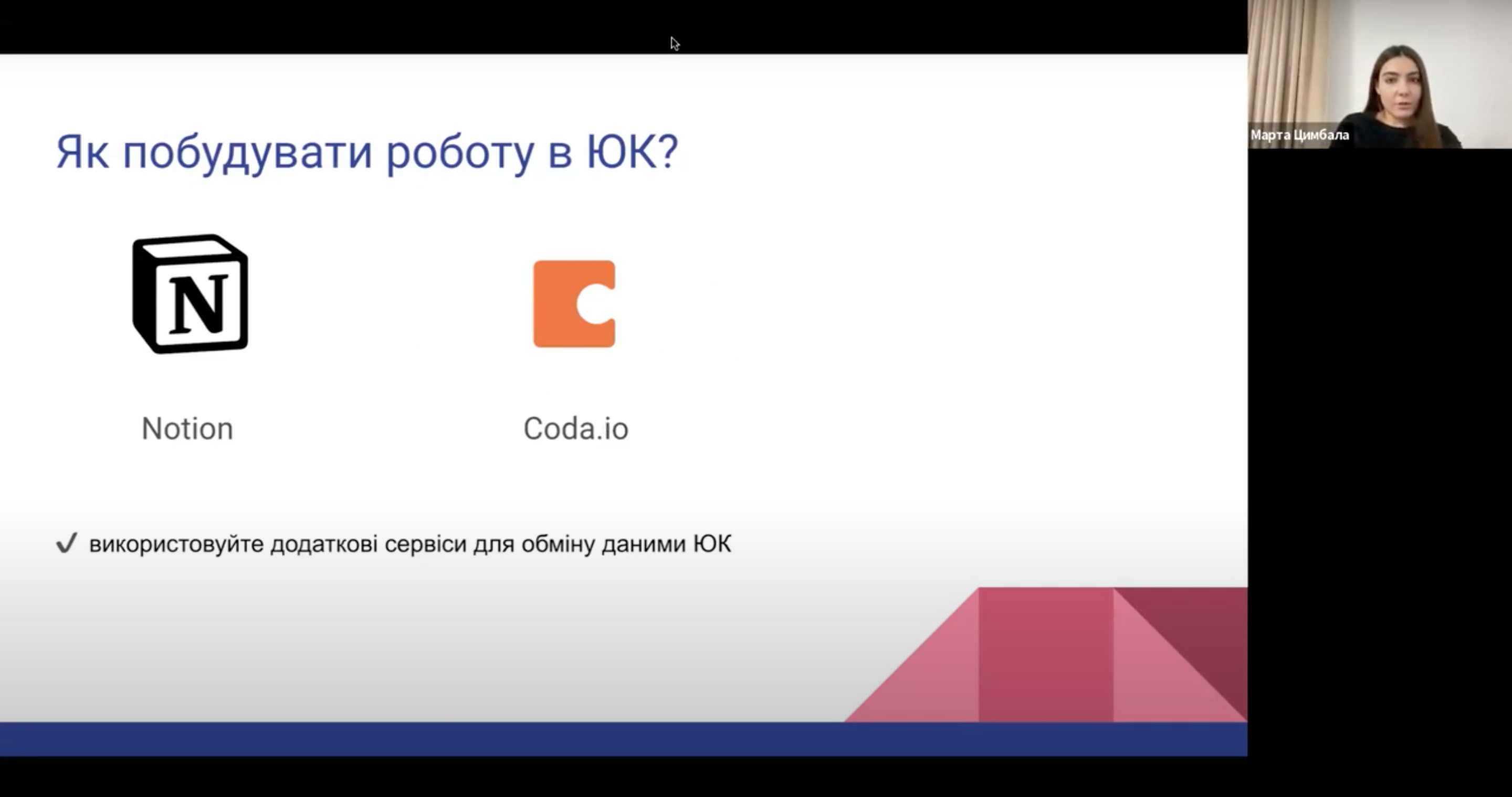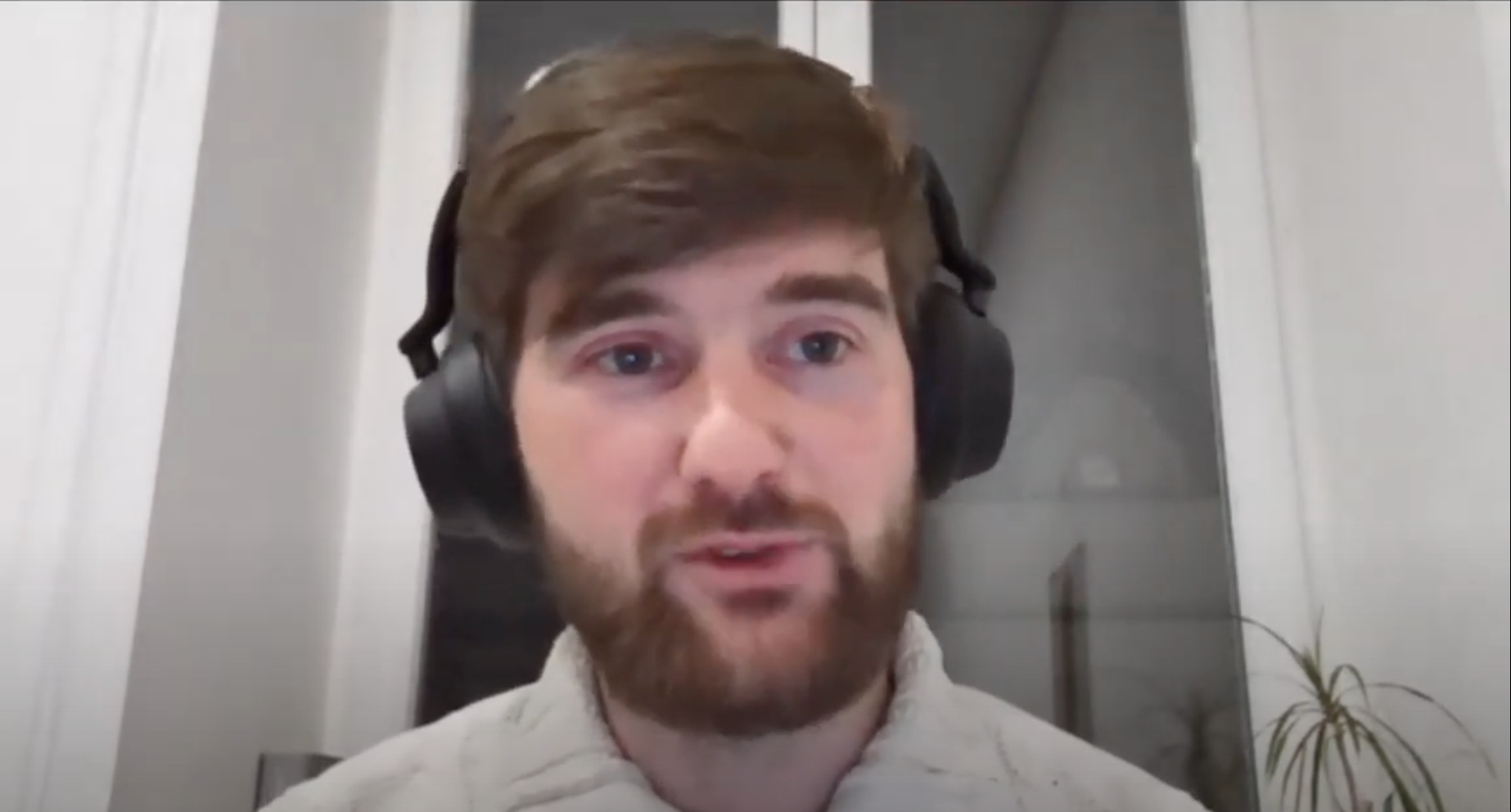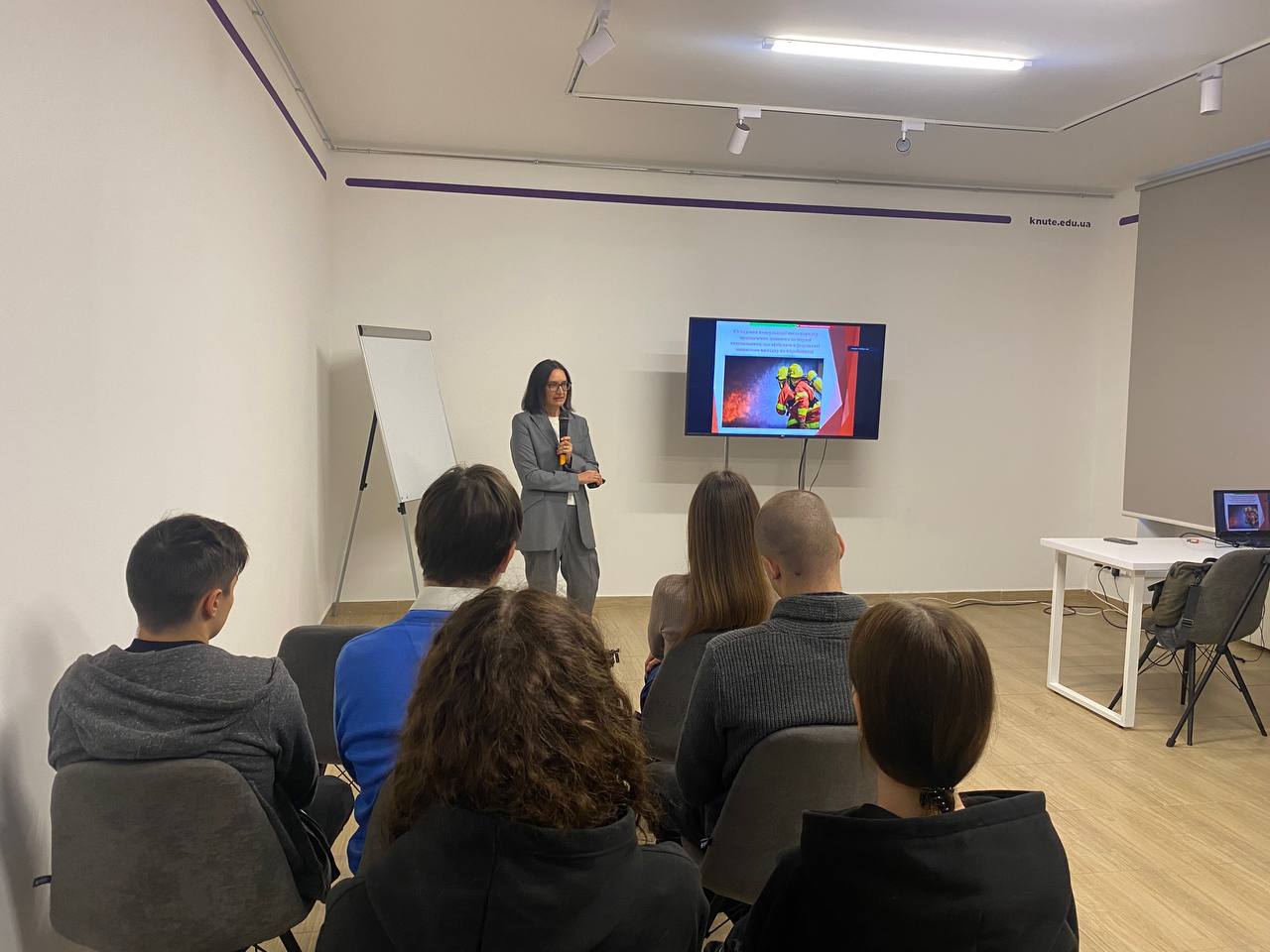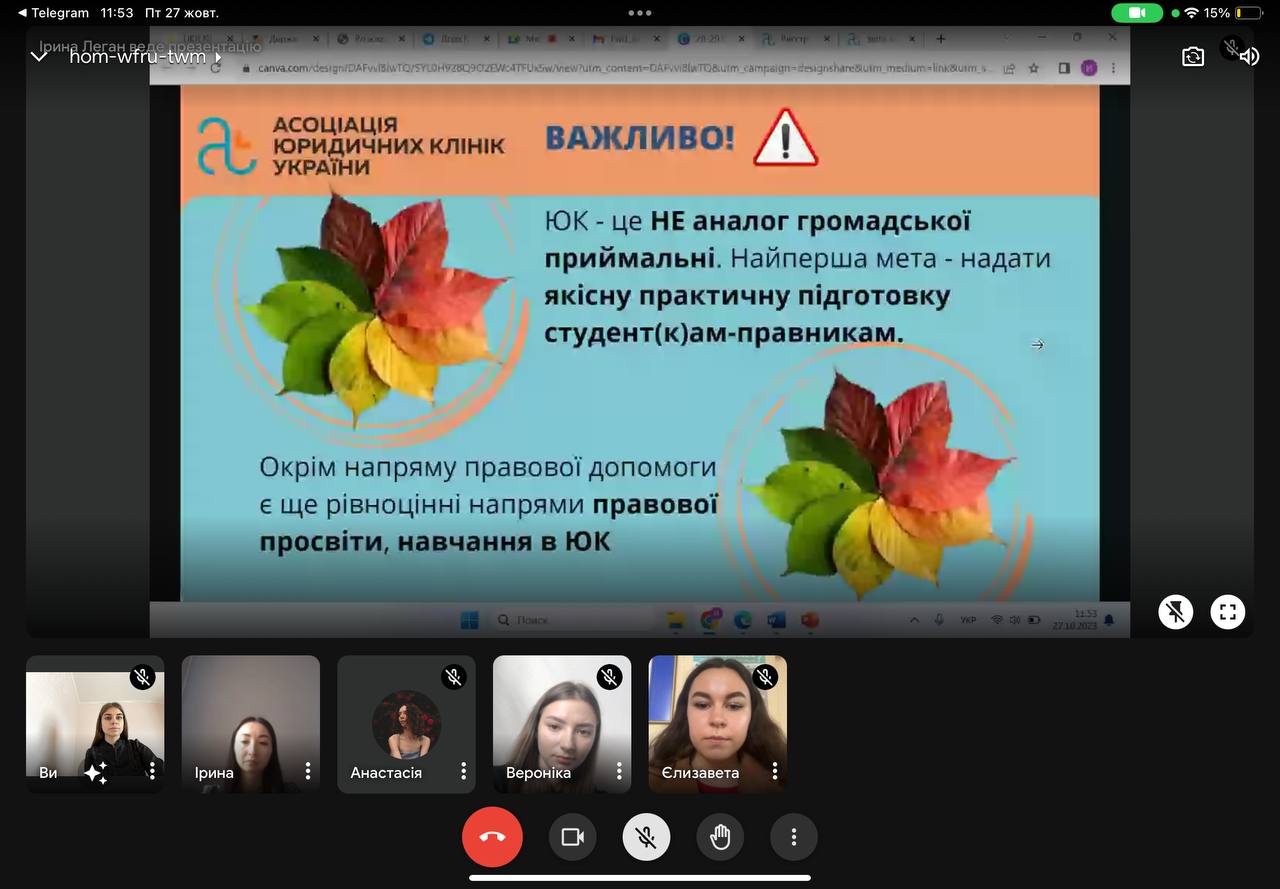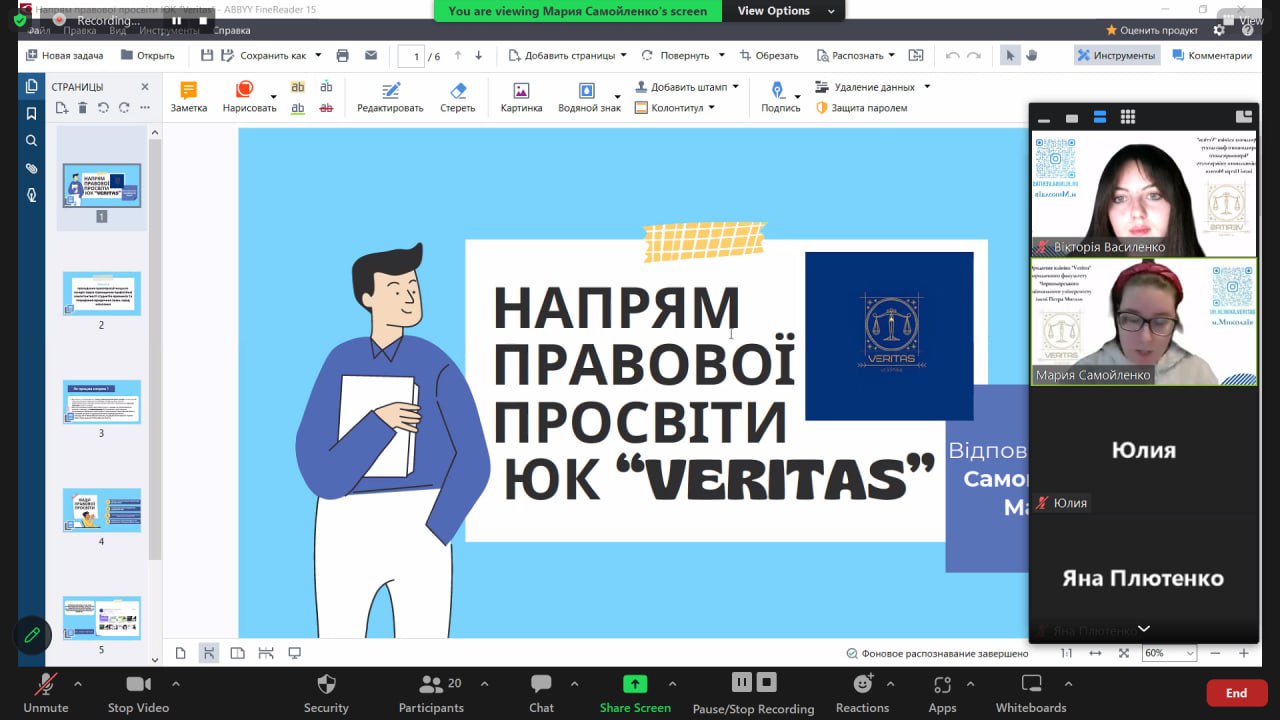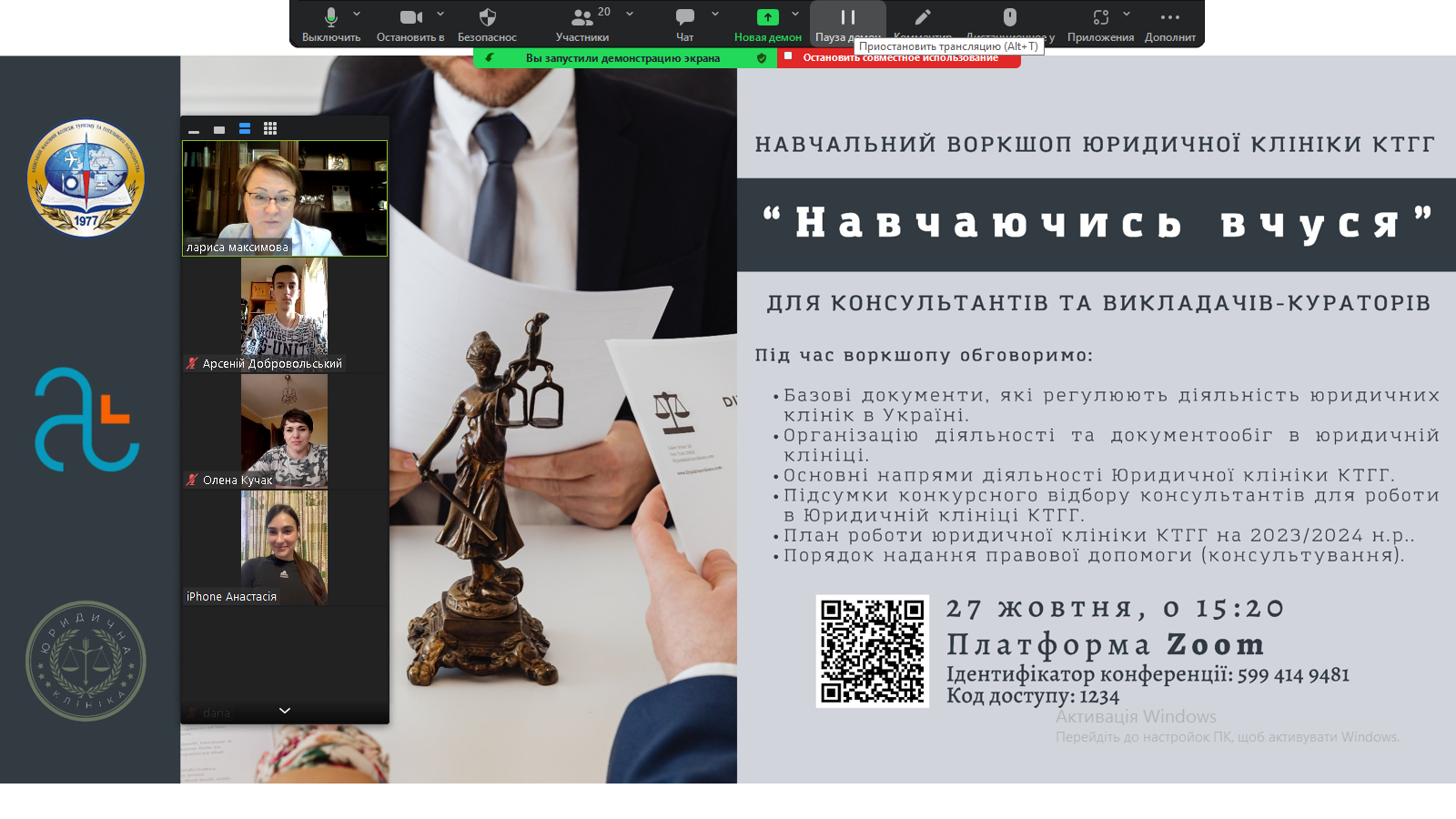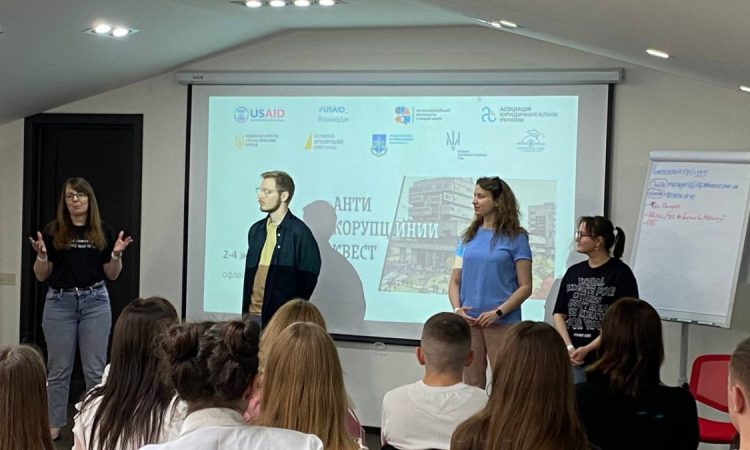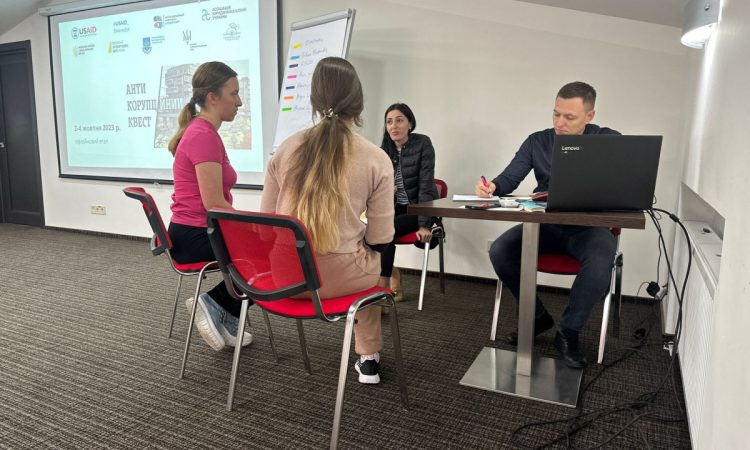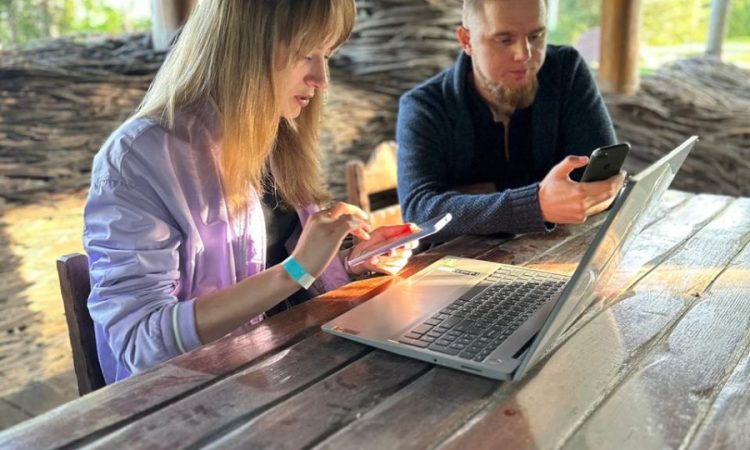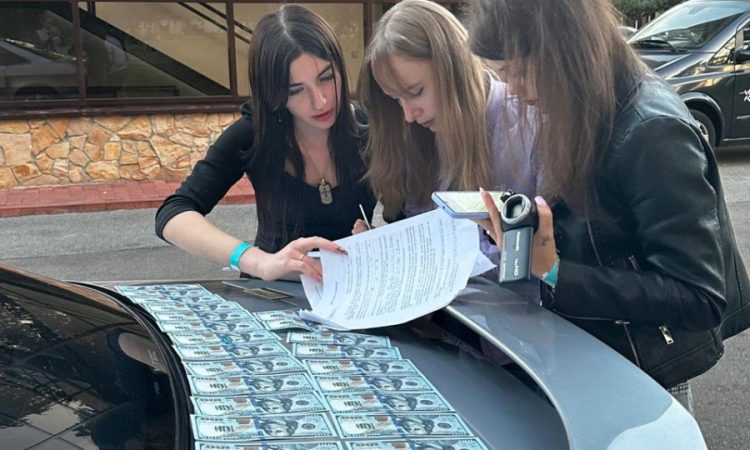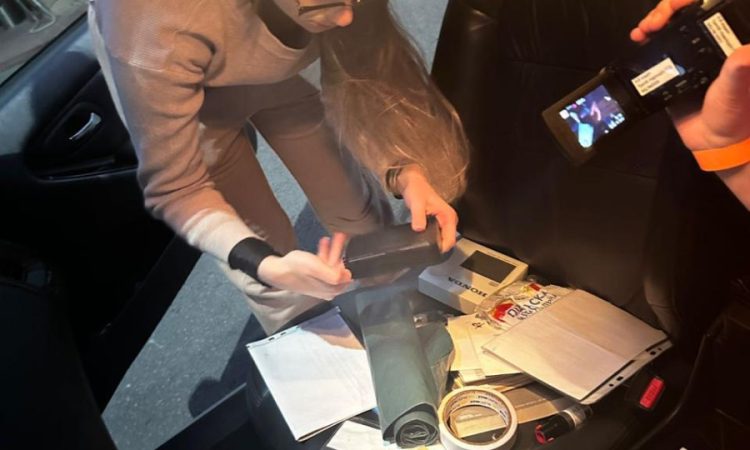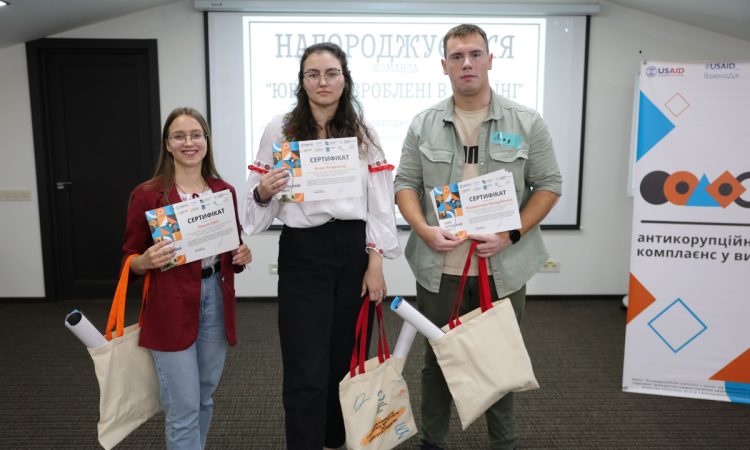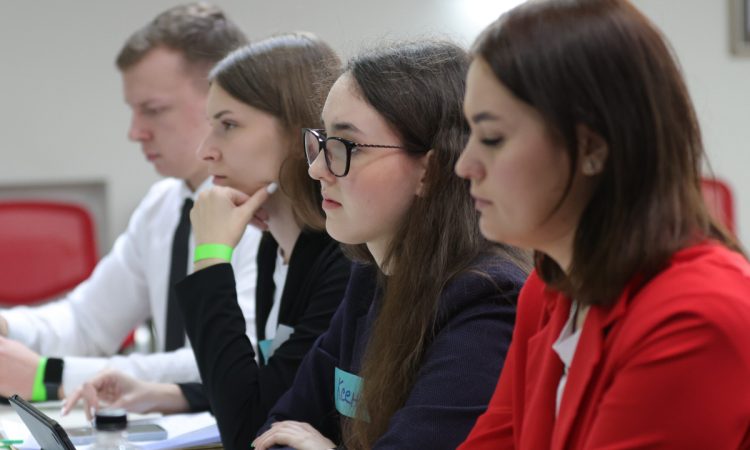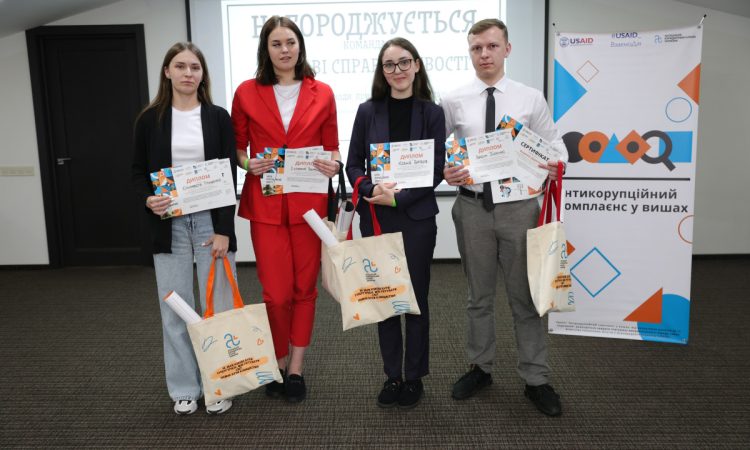From April 10th to 13th, 2024, in Lublin, the Brown-Mosten International Client Consultation Competition took place, organized jointly by Ukraine and Poland. Teams from 22 countries around the world competed for the world championship in consultation within the field of International Humanitarian Law. At the competition, Ukraine was represented by the team from the legal clinic of Vasyl Stus Donetsk National University.
Competition Overview
Over four days, the John Paul II Catholic University of Lublin became the epicenter of intercultural communication, legal expertise, and the gathering of the most talented legal consultants from various countries. This was where the Brown-Mosten International Client Consultation Competition took place. Each year, these unique competitions bring together dozens of students who compete in teams of two. They act as lawyer-consultants, meeting clients in their office and attempting to provide legal advice.
Each new client represents a new case, a new story, a new type of client temperament, and a new challenge for the teams. Judges evaluate the teams based on 11 detailed criteria, including the ability to establish effective professional relationships, gain the client’s trust, explain the rules of engagement in clear language, identify the client’s specific issues and needs from the lawyer-client collaboration, legal and non-legal analysis of the issues, and the provision of legal and non-legal consultations. The successful completion of interviews while considering moral and ethical aspects, teamwork, and post-interview activities are also evaluated. Those who perform the best enter the competition’s history as winners.
Each year, the International Assembly of the Competition selects a theme for the next round. This year’s theme was particularly complex and unusual but unfortunately very relevant in the world and in Ukraine. Participants had to delve into the law of armed conflicts – International Humanitarian Law.
Lublin welcomed participants with pleasant weather, historical sites, warm meetings, and new acquaintances. Some had previously participated in similar competitions, while for others, this was a first-time opportunity. There were also those who had initially come as participants but returned this year as team coaches or competition judges. Undoubtedly, it was a unique experience for everyone.
Ukraine has been a consistent participant in the competition, sending its best team since 2006, determined during the National Client Consultation Olympiad organized by the Association of Legal Clinics of Ukraine. This year, the country was represented by the law clinic students from Vasyl Stus Donetsk National University – Kateryna Voloshyna and Vladyslava Rovinska. The Ukrainian team prepared intensively before the competition, aided by coaches Liliia Amelicheva and Tetiana Mykhailina, as well as a large team of Ukrainian legal practitioners, previous competition participants, and team coaches. Their hard work paid off: during the selection rounds, the Ukrainian team demonstrated incredible results, with Kateryna and Vladyslava achieving the highest scores among 22 participating teams, tying with teams from the USA and Australia and advancing to the semifinals. Ultimately, our team ranked among the top 9 teams globally, with Scotland emerging as the winner.
“We had immense satisfaction from interacting with clients in vastly different situations that demanded high-quality legal assistance. The feedback from the judges, experienced practicing lawyers who enriched us with valuable advice, became very valuable to us. We met representatives from many participating countries, learned about the systems and specific features of consulting in other states, and actively exchanged experiences with other teams. We felt tremendous support and did not expect at all that we would reach the semifinals,” shared Vladyslava and Kateryna.
According to the participants themselves, the greatest achievement was not just the immediate results and accomplishments but the unique experience they gained at the competition. Participants not only competed in consulting skills but also expanded their networks, learned more about the legal systems of different countries, and engaged extensively with experts from around the world – lawyers, prosecutors, legal practitioners, clinic and consultancy leaders, and researchers who acted as judges.
For the first time, Ukraine participated not only as a contestant but also as a co-organizer of the competition. Since 2015, the national representative of the competition from Ukraine, Mariia Tsypiashchuk, expressed a desire to host an international round in Ukraine. This proposal was warmly received but postponed due to Russia’s invasion. Over the years, a global pandemic ensued, followed by full-scale aggression from the Russian Federation. However, we do not lose hope to host the competition in our country in a few years.
“Thank you for the unforgettable experience, invaluable knowledge, incredible meetings, and emotions… Here, everyone is a winner, and I sincerely hope that in the near future, we will be able to compete in a peaceful and safe Ukraine,” said Vladyslava Rovinska during the closing ceremony of the competition.
Among the large and diverse group of judges this year, originating from various professional backgrounds and experiences, were several representatives from Ukraine:
- Olena Kuvaieva, a lawyer from the Center for Strategic Affairs of the Ukrainian Helsinki Human Rights Union;
- Peter Stetsiuk, an expert from the International Development Law Organization (IDLO);
- Mariia Tsypiashchuk, a member of the Board of the Association of Legal Clinics of Ukraine (ALCU), a lawyer, and a human rights defender;
- Yuliia Lomzhets, the Chair of the Board of ALCU;
- Khrystyna Kovtsun, a member of the Board of ALCU, the head of the legal clinic at the School of Law of the Ukrainian Catholic University, a lawyer, and a human rights defender;
- Valentyna Humenna, an expert in personal data management, an archivist of the “War Archive” project of the NGO “Docudays” and “Infoscope”;
- Natalia Sheludiakova, the communications manager of ALCU.
Mariia Tsypiashchuk received a special award for active participation and longstanding commitment to the Brown-Mosten International Client Consultation Competition, as well as for her personal contribution to organizing this year’s competition. Joining the competition as a consultant participant once, she has been persistently and energetically promoting a similar competition format in Ukraine for over 10 years, also serving as a permanent national representative at the International competitions, contributing to the preparation of Ukrainian teams, and building an international network of partners for Ukrainian legal clinics.
Ukrainian Context at the Competition
This year’s International Client Consultation Competition became significant for Ukraine not only due to the strong performance of the Ukrainian team but also because of Ukraine’s status as a host country – alongside Poland. The co-organizers of the Competition were the Association of Legal Clinics of Ukraine, the John Paul II Catholic University of Lublin, and the “Institute for Rule of Law Excellence” Foundation.
“ICCC 2024 is about many ‘firsts’. 1) Ukraine participated for the first time in the Brown-Mosten International Client Consultation Competition not only as a participant but also as a co-organizer. It’s hard to overstate the importance of this event for the Association of Legal Clinics of Ukraine (and for Ukraine, in my opinion). It’s not just a great honor but also a unique opportunity to once again draw the attention of representatives from over two dozen countries to the Russian war in Ukraine. 2) From here comes another ‘first’ – the theme of the competition was ‘International Humanitarian Law.’ For us, it was both painful and poignant at the same time. But there is a feeling that the scenarios from the real context of the war in Ukraine helped participants to ‘touch’ the everyday reality in which Ukrainians live. 3) Another ‘first’ was the representation of Ukrainians. If before this, there were no more than four Ukrainians at the Competition, and Ukrainians were never among the judges – in 2024, we had 11! This included participants with a coach, expert psychologists who conducted the opening workshop, judges, and expert panel speakers,” Mariia Tsypiashchuk shared about the experience of organizing this year’s International Competition.
Despite the security situation preventing participants from visiting Ukraine, the Ukrainian experience of fighting against the aggressor was consistently present at the Competition. The theme of this year’s Competition was International Humanitarian Law, and many of the scenarios that teams worked on echoed real situations happening in Ukraine. The proximity to the Ukrainian border served as a reminder: war is not an abstraction, and war crimes are not fiction. Today, lawyers must work to document all crimes and hold the perpetrators accountable.
With these messages, a team of Ukrainian experts appeared in Lublin just before the official opening of the Competition. Among them were representatives of Ukrainian legal clinics, the human rights sector, and the international cooperation sector of Ukraine regarding seeking reparations from Russia for the war crimes it committed and other losses imposed on Ukraine.
The discussion of the most important aspects of applying International Humanitarian Law took place during a panel discussion attended by Olena Kuvaieva, a lawyer from the Center for Strategic Affairs of the Ukrainian Helsinki Union for Human Rights, Mariia Tsypiashchuk, a member of the Board of the Association of Legal Clinics of Ukraine, lawyer, human rights defender, and Professor Delaine Swenson of the John Paul II Catholic University of Lublin. The experts talked about the efforts made by Ukrainian lawyers to document the war crimes committed by Russians in Ukraine and do everything possible to hold the perpetrators accountable and seek reparations from the aggressor. The experiences of the speakers were a compelling rebuttal to the widespread belief among lawyers that International Humanitarian Law is an abstraction that has little to do with reality. According to Olena, despite strong doubts that Russia will voluntarily pay all compensations and reparations, Ukrainian lawyers are doing everything possible to ensure that International Humanitarian Law is effective – working to create conditions where war criminals cannot find their place in the civilized world.
A significant addition to the discussion was workshops led by Ukrainian psychologists from the Center for Support of Documentation of War Crimes / OPORA in Poland, who have been working with displaced Ukrainians in Poland since Russia’s full-scale invasion of Ukraine. Drawing on their own experiences, Hanna Chatchenko and Viacheslav Konotopchyk talked about the unique aspects of trauma-informed counseling, where lawyers recognize and consider the impact of psychological trauma on people’s lives, and shared effective ways to interact with them and avoid secondary (vicarious) trauma. Such skills are particularly important when working with those affected by military actions, witnesses of war crimes, and people forced to leave their homes due to war. Participants even tried some techniques themselves, including those that help evoke positive emotions, bring people back to the present moment, divert their attention from emotions, and shift towards rational thinking.
The efforts of the Association of Legal Clinics of Ukraine aimed at meeting the legal needs of internally displaced persons and refugees in Ukraine, Poland, and Sweden were presented by the head of the Association, Yuliia Lomzhets. She introduced joint projects of the Association of Legal Clinics of Ukraine with the Raoul Wallenberg Institute (Sweden) and the Foundation of Polish Legal Clinics (Poland). These projects are aimed at strengthening the capacity of organizations providing legal assistance to displaced Ukrainians in Ukraine, Poland, and Sweden to meet the legal needs of internally displaced persons and refugees. Yuliia announced the first results of mapping legal aid providers in Ukraine, which will contribute to coordinating their actions and improving their effectiveness.
We thank the International Renaissance Foundation for supporting the participation of the Ukrainian delegation in the Competition. Thanks to the project “Strengthening the Ukrainian Context through Co-organization and Participation in the International Client Consultation Competition,” we were able to significantly strengthen the voice and presence of Ukrainians at this important international platform.
Instead of conclusions
The Brown-Mosten International Client Consultation Competition once again demonstrated: the whole world recognizes that the practical component is extremely important in modern legal education everywhere. Legal clinics can become the structures that help shape the practical skills and soft skills of future lawyers. This is evidenced by the high results of the Ukrainian teams representing legal clinics at the Competition.
“With special warmth, I want to acknowledge our wonderful team from Ukraine – Vladyslava Rovinska and Kateryna Voloshyna, and of course, their coaches Liliia Amelicheva and Tetiana Mykhailina. Thanks to careful preparation, the team was able to achieve such a good result – reaching the semifinals and becoming one of the top 9 teams. I am immensely grateful to the Competition team for their trust; to our good friends from Poland for their long-standing support and cooperation; to my colleagues from the Association of Legal Clinics of Ukraine and our good partner organizations, and to each and every person who contributed, participated, and actually made this competition happen,” summed up Mariia Tsypiashchuk.
We thank the organizers of the Brown-Mosten International Client Consultation Competition for the opportunity to be involved in this amazing event, for supporting a topic that is extremely important for Ukraine, and for providing an opportunity to discuss current issues of International Humanitarian Law and share experiences of its application in the context of Russian aggression.
We express our gratitude to all the experts who contributed to the organization and conduct of the International Competition and shared this honorable mission with the Association of Legal Clinics of Ukraine. Thanks to our partners for their long-standing friendship and support – both of the legal clinical movement in Ukraine and of our country as a whole, and for the determination of Ukrainians in the fight for justice.





































